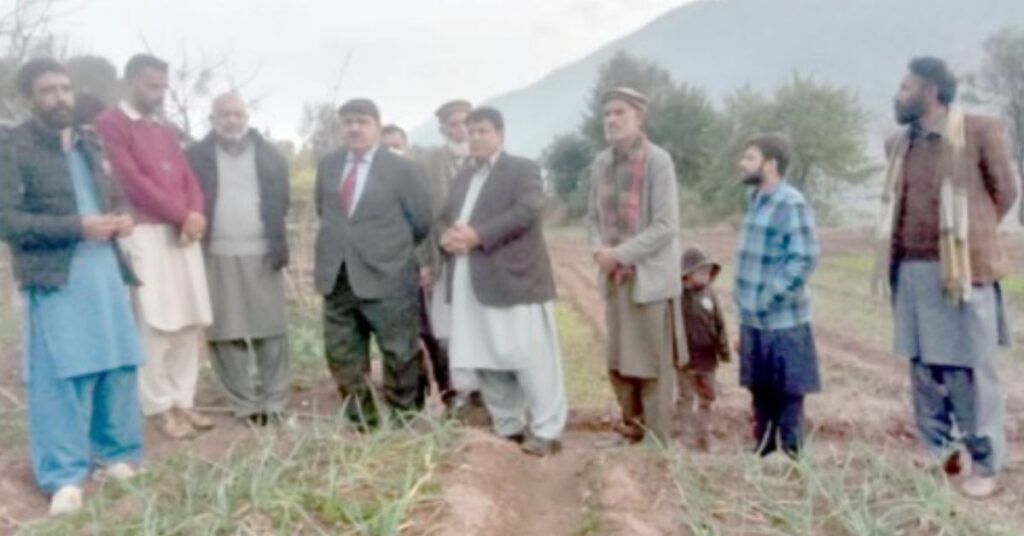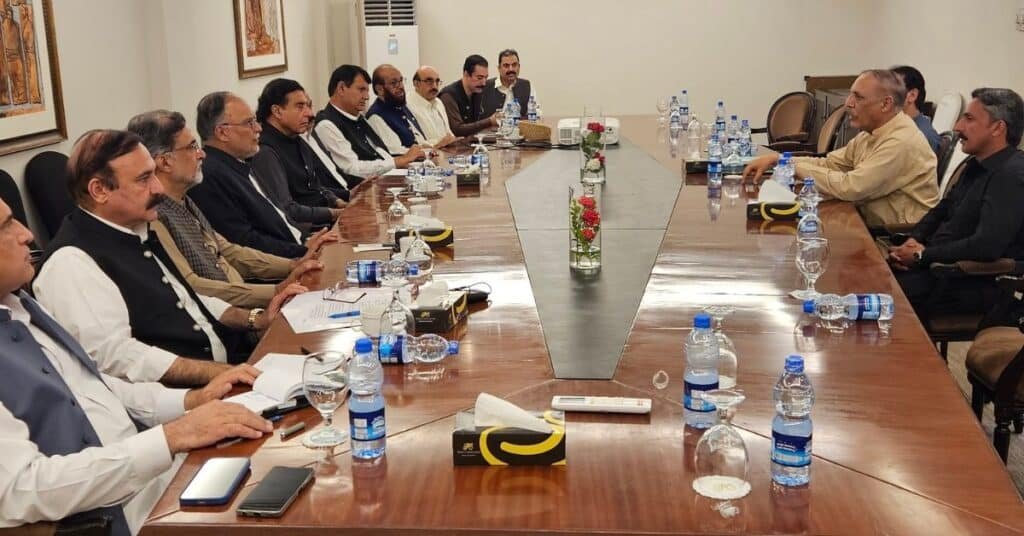ISLAMABAD (Kashmir English): The International Federation for Human Rights (FIDH) and the World Organization Against Torture (OMCT), along with five other organizations, have strongly condemned India’s ban on 25 scholarly and journalistic books on Kashmir, calling it an unlawful attack on freedom of expression.
According to Kashmir Media Service, in a joint statement posted on the website of FIDH, the groups said that the ban constitutes a serious violation of academic freedom, freedom of expression, and access to information.
Intensifying crackdown on dissent in Kashmir
“It is emblematic of the Indian government’s intensifying crackdown on dissent in Kashmir. By criminalizing academic and journalistic work, the state seeks to suppress public discourse, critical inquiry, and the preservation of historical memory”, the statement said.
The organizations warned that in the context of Kashmir, where independent scholarship has long been constrained by surveillance and scrutiny, the ban poses an existential threat to intellectual autonomy.
This act of censorship not only silences scholars but also criminalizes memory and erodes the historical record.
The ban is part of a broader strategy of repression following the abrogation of Article 370 of India’s Constitution. The notification was issued on 5 August 2025 — exactly six years after the abrogation of Article 370, which stripped Jammu and Kashmir of its special constitutional status.
Since then, civil liberties have been steadily eroded, journalists and human rights defenders face arrests, intimidation, and prolonged detention under counter-terrorism laws such as the Unlawful Activities (Prevention) Act (UAPA), which has long been criticised for failing to meet international human rights standards.
Prominent Kashmiri human rights defenders Khurram Parvez and Irfan Mehraj remain arbitrarily detained without trial under this law.
The statement described the censorship as part of a broader strategy of repression. “While projecting an image of ‘normalcy’ in the region post-abrogation, the state continues militarisation, intrusive surveillance, and repression, backed by expansive security laws such as the UAPA, Armed Forces (Special Powers) Act (AFSPA), and the Jammu and Kashmir Public Safety Act.
The censorship of academic literature reinforces this pattern, sending a chilling message: even historical inquiry may be criminalised if it deviates from the state’s narrative.”
Several of the banned titles address themes such as enforced disappearances, impunity, and excessive use of force — the issues documented in the Office of the UN High Commissioner for Human Rights (OHCHR) Kashmir reports of 2018 and 2019.
The statement warned that India’s failure to act on the recommendations of these reports, coupled with this sweeping ban, on-ground raids, and seizures, represents a further step away from accountability.
The groups urged Indian authorities to revoke the ban immediately, end misuse of security laws to suppress scholarship, and uphold international obligations protecting academic freedom and the right to information.
Co-signatories include FORUM-ASIA, CIVICUS, Kashmir Law and Justice Project (KLJP), OMCT, Front Line Defenders (FLD), FIDH and the Kashmir Scholars Consultative and Action Network (KSCAN).




